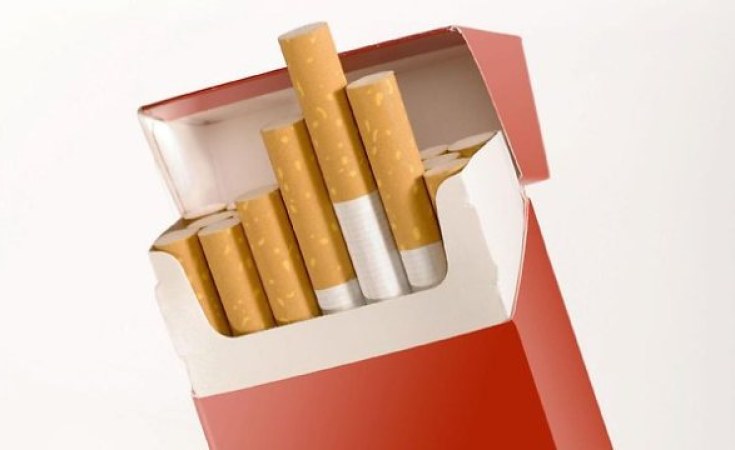The leading tobacco company Philip Morris International (PMI) announced on December 10th, 2020, a planned leadership succession. A new CEO, Jacek Olczak was elected to replace André Calantzopoulos who will now become Chairman of the Board (effective May 2021).
Both were discussing this transition on a virtual media briefing event held on December 15th, 2020, laying out what could be expected from PMI in the coming years as the leader of the tobacco industry is carrying out a transformation in the tobacco industry to create a “smoke-free future” where traditional cigarettes will be replaced with smoke-free products.
In fact, PMI currently manufactures and sells cigarettes as well as a novel heated tobacco device called IQOS and other smokeless nicotine containing products. The tobacco company consistently declares that while not risk-free, these novel products are a much better choice than continuing to smoke cigarettes.
During my seven years as CEO, we have positioned PMI for the future and created better, science-based options for those adults who would otherwise continue to smoke, said André Calantzopoulos. Jacek Olczak said that together with André Calantzopoulos, “We have built the capabilities to continue delivering the unsmoked vision and beyond”.
Is Africa soon to be a smoke-free continent?
When asked the question about whether the company had any plans to ramp up PMI’s efforts in Africa to enable the continent to become “smoke free”, as soon as possible, here is what the newly nominated CEO had to say “Yes, we do. And from the very beginning when we drafted the strategy, we said that our intention is not to leave anybody behind. So, obviously all smokers should ultimately have access to these products. As much as we can, we make the technology affordable to the smokers in these countries and also we work on a taste perspective that allows them to switch from combustible products to these products.”
He also pleaded for more flexible regulation “Very importantly we need, especially in countries in Africa, regulators frameworks that A: allow us to enter the markets and B: allow us to inform consumers that these products exist. More has to be done. My colleagues and myself are open for any dialogue in any country in Africa. Let’s go and have a normal and mature conversation on how these products are a better alternative than letting people continue to smoke. I do believe that we have a duty to offer these products to any smoker and not only Philip Morris smokers.”
However, the concern about these innovative products is real. Some people, institutions, private organizations, and regulators point out the potential risk of using any nicotine products be it combustible or not. The main concern is generally formulated with the core argument of protecting youth.
“This is a very sensitive subject but I will repeat: Our positions need to be based on facts, surveys, and actual measurements before saying this type of activity may trigger this or that…With ‘mays’ a lot of things can happen…If there is a thing we can learn from this period of Covid 19, it that we should let facts and science rather than rumors and speculations, and ideologies prevail. Because if we don’t it prevents people from doing their job and confuses consumers dramatically. This concern, that is addressable, should not become an excuse for preventing access to alternative products to all.” said Andre Calantzopoulos.
He then added “We need the right post market monitoring to determine whether we are achieving real switching in the adults and whether we are having any issue with the teenagers. That requires dialogue, the right research protocols with governments and frequent reviews. That is the way the regulation should work. But the good news is we don’t have any problem with IQOS because we are extremely careful and we will continue monitoring and submitting data to the governments.
Although the IQOS device was authorized by the US Food and Drug Administration, in early July of this year, to be marketed with ‘reduced exposure’ information, the World Health Organization (WHO) remains one of its biggest opponents. In fact, just a few days after the FDA announcement, the WHO released an unequivocal statement:
“WHO reiterates that reducing exposure to harmful chemicals in Heated Tobacco Products (HTPs) does not render them harmless, nor does it translate to reduced risk to human health. Indeed, some toxins are present at higher levels in HTP aerosols than in conventional cigarette smoke, and there are some additional toxins present in HTP aerosols that are not present in conventional cigarette smoke. The health implications of exposure to these are unknown”.
PMI claims a number of 11.7 million adult smokers around the world have already stopped smoking and switched to PMI’s heated product, available for sale in 61 markets.
In Africa, South Africa is the only market where this innovative, yet contested system is sold.


